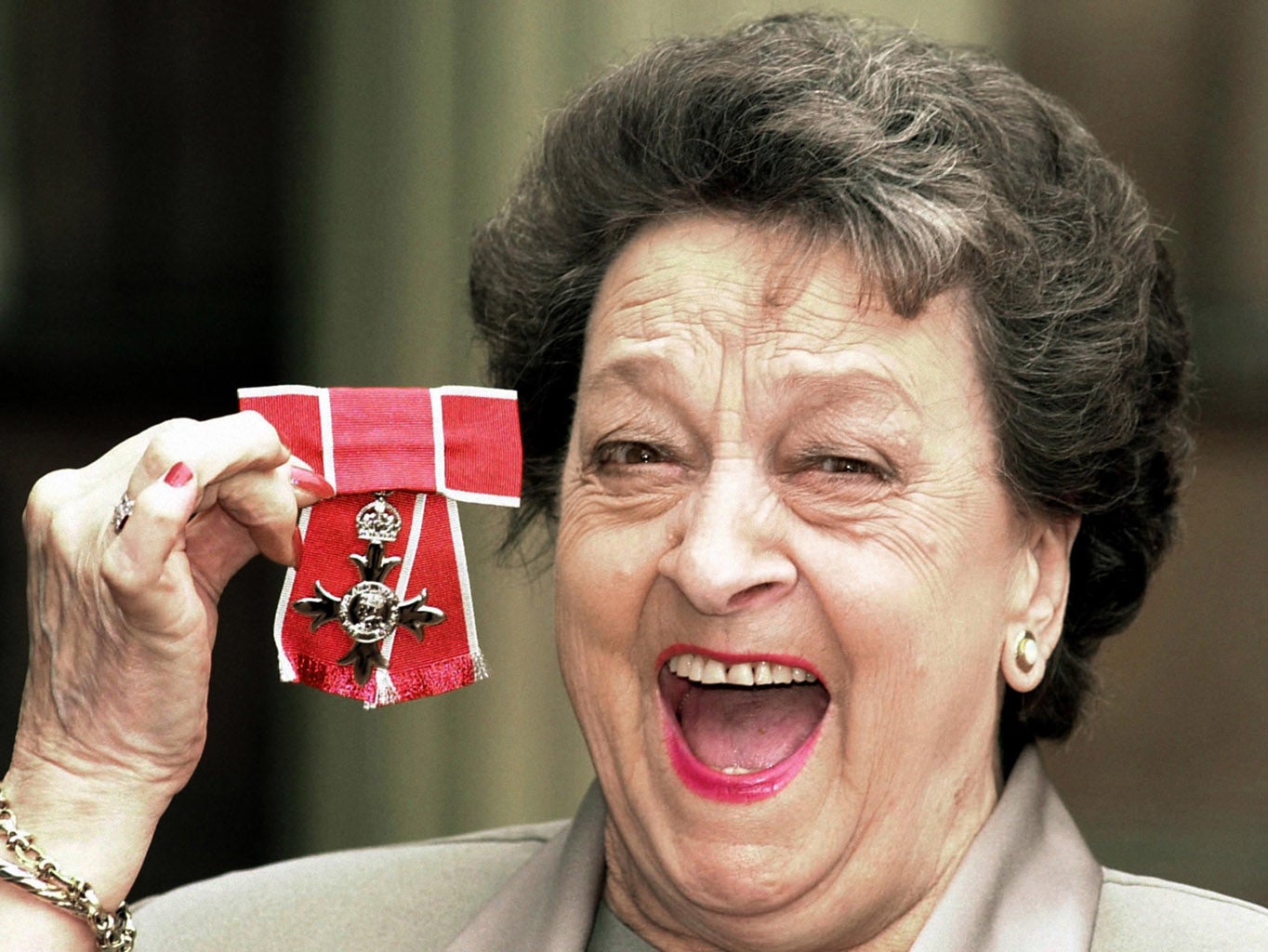Fact File: The Honours System

The UK honours system stretches back to the Norman conquest, but it wasn’t until 1917 that it began to recognise ordinary Britons.
George V founded the Order of the British Empire to honour the thousands of First World War non-combatants whose service would otherwise have gone unrecognised. With the exception of hereditary peerages, this system remains largely intact nearly a century later - but is it still fit for purpose?
Honours are awarded twice a year (in the New Year and on the Queen’s official birthday in June) but the process remains shrouded in mystery. Officially the list of over 1000 names is chosen by the Queen; unofficially it is drafted by a Cabinet Office committee and approved by No 10.
Critics say it’s unfair to honour civil servants for simply doing their jobs, that celebrities are included to generate positive press for the Government and that, despite the cash-for-honours scandal of 2007, support for the party in power remains an obvious factor in the selection of life peers. When the poet Benjamin Zephaniah broke with convention to publicly turn down an Order of the British Empire (OBE) in 2003, he cited the offensive anachronism of the title itself.
As lists leaked in 2003 and released in 2012 revealed, honours have also occasionally been declined in private, for a variety of reasons. Stripping a title where “retention of the appointment or award would bring the system into disrepute” is rarer, but not unheard of – as erstwhile knight, Fred Goodwin discovered in 2012.
The Numbers
3000 – Approximate number of honours awarded each year. Source: Information Commissioners Office
6000-7000 – Approximate number of nominations submitted each year. Source: Information Commissioners Office
5 – The number of times LS Lowry turned down an honour. The Lancashire painter holds the record for most refusals. Source: BBC
Over 100,000 – Living members of the Order of the British Empire, the order of chivalry which includes the Knight Grand Cross, CBE, OBE and MBE honours. Source: www.royal.gov.uk
Further Reading
Why do we knight civil servants, bankers and rock stars? Justin Byam Shaw, The Independent, 2012
The badge of honour that is refusing a royal gong, Simon Kelner, The Independent, 2012
The honours system, far from being abolished, should be hugely expanded, Richard Reeves, New Statesman, 2004
20 Brits Who Refused Knighthood and Other Honours, The Daily Beast, 2012
Should The ‘Arrogant’ Word ‘Empire’ Be Dropped From The Honours System? Ned Simons, The Huffington Post, 2012
Timeline
1348 – The first English order of chivalry, the Order of the Garter, is created by Edward III.
1611 – King James I introduces baronetcies in order to raise the necessary funds to keep his troops in Ulster.
1917 – King George V founds the Most Excellent Order of the British Empire, introducing fives classes of civil and military distinctions.
1925 – Honors (Prevention of Abuses) Act is introduced, banning the sale of honours.
1964 – With the accession of a Labour government, hereditary peerages cease to be granted outside the Royal Family, with the exception of two grants by Margaret Thatcher and a baronetcy created in 1991 for Sir Dennis Thatcher.
1992 – Prime Minister John Major scraps the BEM or “working class gong” as part of his drive towards a “classless” society. It is reintroduced by David Cameron in 2012, as part of the ‘Big Society’.
1999 – The House of Lords Act reduces the number of hereditary peers entitled to sit in the House to 92.
2003 – A leaked document reveals the names of 300 people who have turned down honours, including David Bowie and JG Ballard.
2003 – The poet Benjamin Zephaniah publicly rejects an Order of the British Empire (OBE), saying the name reminds him of “how my foremothers were raped and my forefathers brutalized.”
2007 – The police begin investigating the “cash for honours” scandal.
2012 – Fred Goodwin, former RBS chief executive is stripped of his knighthood, following criticism for his role in the financial crisis.
Join our commenting forum
Join thought-provoking conversations, follow other Independent readers and see their replies
Comments
Bookmark popover
Removed from bookmarks